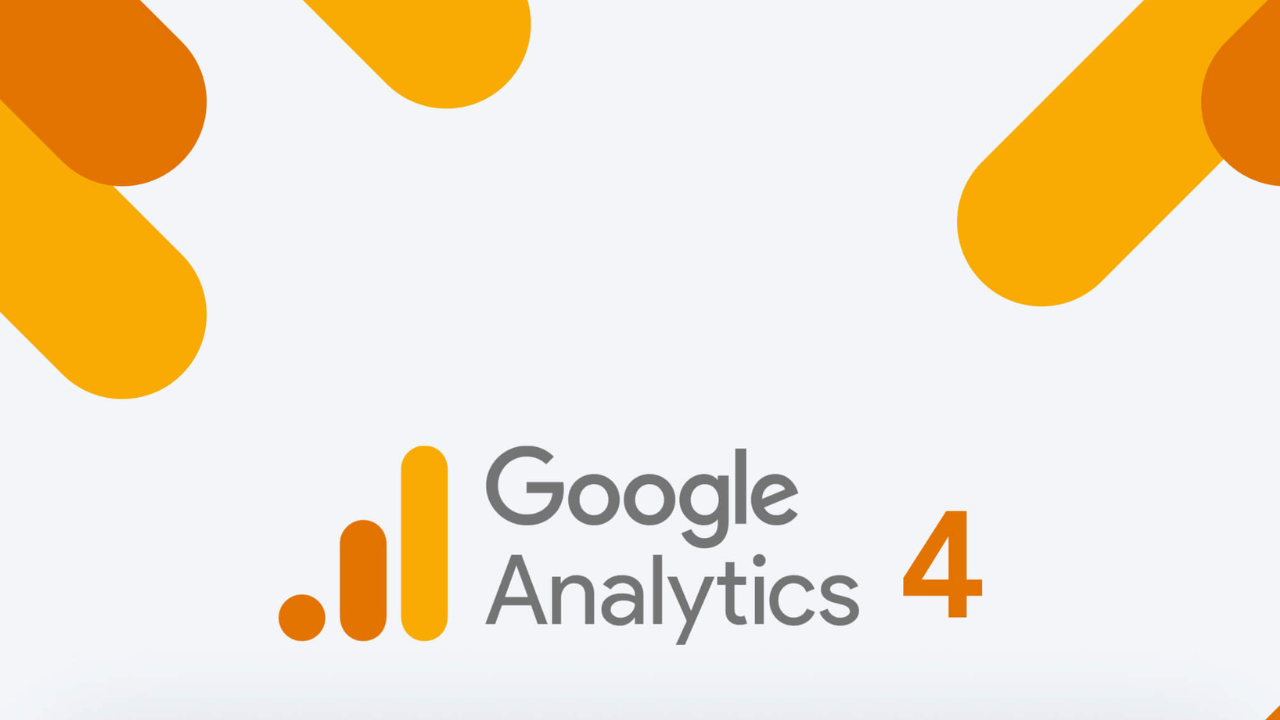Google Analytics?_
In case you didn’t know, in their own words, “as of October 14, 2020, a Google Analytics 4 property (formerly known as an “App + Web” property) [will now be] the default when you create a new property. Universal Analytics refers to the previous generation of Analytics. This was the default property type for websites prior to October 14, 2020.”
Without question, Google Analytics is one of the most widely-used, most highly-reputable analytics platforms on the planet. It’s used globally by millions upon millions of businesses, to track web traffic, to monitor marketing channels, and to measure KPIs.
Google Analytics 3 (Now Referred To As ‘Universal Analytics’)
Google Analytics 3 relies on cookie tracking, but due to GDPR, the tech giant clamped down on how they tracked users, which created a new type of ‘Dark Data’ within the platform. If a user went onto a website, but they didn’t accept the cookie policy on that website, they wouldn’t be tracked by Google Analytics (that’s assuming that the website used GA).
Because of this, Google Analytics users experienced a sudden drop in their monthly user-base, forcing them to migrate to other platforms that were born out of this frustration, such as Plausible.io, for instance.
Google Analytics 4
However, Google Analytics 4 provides something that’s quite different from the traditional ‘Universal Analytics.’
One of the biggest differences is their new data modelling feature that uses AI and machine learning to fill in the ‘gaps’ of data where traditional Analytics may be blocked by cookie-consent rules, blocked JavaScript, and a focus on privacy.
Additionally the user-interface for the new default Google Analytics is very different.
Google describes the purpose of the new Google Analytics as a “next generation” approach to “privacy-first” tracking, x-channel measurement, and AI-based predictive data all at once. By applying Google’s advanced machine learning models, the new Analytics can fill out data for website traffic and user behaviour, WITHOUT relying on “hits” coming from every page.
Internet users and even browser companies are becoming increasingly funny about allowing Analytics to track sessions or return users by using cookies. For instance, Mozilla Firefox has moved to block Analytics, and a lot of websites are starting to use visitor consent to define their Analytics tracking.
The need for something like Google Analytics 4 largely comes from new privacy protection laws (like the GDPR and CCPA) and the diminished stability of traditional analytics. A lot of businesses using the traditional Universal Google Analytics often run into issues with inaccurate or missing data due to cookie consent options required by these laws.
According to Google, “On July 1, 2023, standard Universal Analytics properties will no longer process data. You’ll be able to see your Universal Analytics reports for a period of time after July 1, 2023. However, new data will only flow into Google Analytics 4 properties.”
In other words, eventually, Universal Analytics will be discontinued, and Google Analytics 4 will replace it, so now is the time to get it installed.
Another fantastic feature of Google Analytics 4, is its new ‘Identity Spaces’ feature. These are used to identify users across multiple devices and platforms. This allows Google to link up user activity from one device/platform with activity on another, providing a new insight into the full customer journey (i.e. with apps and tablets, too).
Want to talk about Google Analytics 4 with us? Being the data nerds that we are, naturally, we’d love to hear your thoughts on Google Analytics’ latest roll-out.
